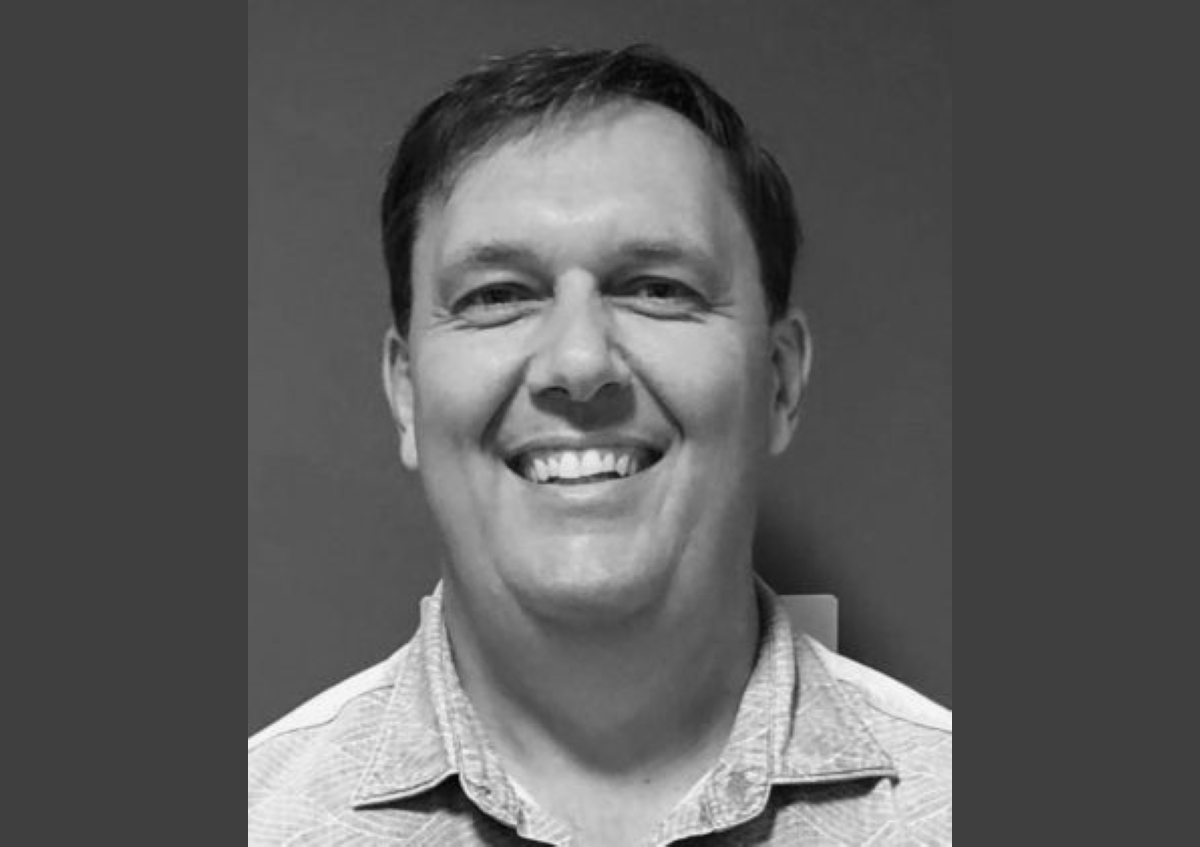
In June 2019, five years after graduating as part of the first cohort to complete the Flinders NT Medical Program, Dr Darren Jewell (MD 2014) achieved another first: he became the first graduate of the Flinders NT Medical Program to be admitted as a Fellow of the Royal Australian College of General Practitioners after completing his training within the Northern Territory.
‘Originally there wasn’t the opportunity to study medicine in the NT, so I went on from school to complete a Bachelor of Business and then a career in IT. Twenty years later when I was financially stable and looking for a new challenge in life, I looked into mature age entry options into medicine.’
Darren completed four subjects in a postgraduate science certificate, enjoyed the experience and decided to apply for medicine.
There was still no medical program available NT, and with a wife and four young children, moving was not really an option. He enrolled at James Cook University in Townsville and commuted to Darwin every fortnight.
By the end of his first year the Finders NT Medical Program was ready to open. He was able to switch to the four year graduate entry program which suited him perfectly, and was part of the first cohort of eight students to graduate from the program in 2014.
Darren and three female students spent time at a remote hospital in Nhulunbuy, a highlight of which was a visit to a remote East Arnhem Land community where he went out spear fishing with the men. The Northern Territory Medical Program has a focus on preparing students to work effectively in remote settings and has sites outside Darwin, including Nhulunbuy, Alice Springs, Katherine and Tennant Creek. Students spend much of their third and fourth years of study in community settings.
Darren says that the remoteness of the NT and small populations means that trainee doctors ‘probably have a lot more opportunity here, exposure to specialities, fewer hierarchies than in the big city hospitals, a nice level playing field.’
During his intern year in Royal Darwin Hospital, he enjoyed the variety and unpredictability of emergency medicine, but opted for the general practice pathway which still offers the variety, but the hours are more suited to him.
After completing his term as a GP registrar last year, Darren now works a four day week: three days at Territory Medical’s City clinic and one day a week with a private cardiology team.
‘Lots of opportunities pop-up, you can pretty much go where you are interested,’ says Darren, who has GP colleagues who assist visiting specialists in allergy medicine, obstetrics, and plastic surgery.
‘GP work is not easy – some people think it is. It’s quite undifferentiated. You never really know what’s coming through the door.’
‘After doing a lot of ward work in teams as an intern and resident medical officer, when you move into a general practice, they shut the door and it’s just you and the patient.’
‘Of course there is still back-up, but you become pretty autonomous. In the Territory we are quite remote. You realise that back-up specialist support is thousands of kilometres and a three hour flight away.’
Darren waited for over 20 years to fulfil a school boy dream to study medicine, but it was worth it.
‘Mature age students do bring life experience from their previous careers which I believe is extremely helpful in studying and working in medicine. I found no disadvantages being a mature age student moving into a medical career and I would recommend it to anyone contemplating a change.’

